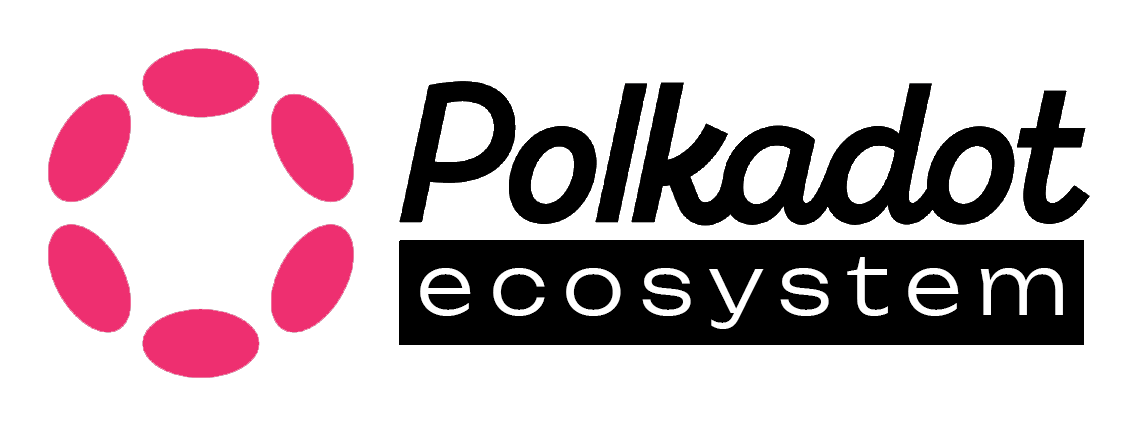Nikola Todorovic - AI-Ready Knowledge Mining on Polkadot
Esta página aún no está disponible en tu idioma.

In a recent talk at the Sub0 Asia 2024, Nikola Todorovic and Branimir Rakic, key figures at Origintrail (NeuroWeb), presented an innovative concept that positions knowledge as a new asset class. They explored how AI-ready knowledge mining on Polkadot can revolutionize data ownership, usage, and the overall AI landscape. Here’s a comprehensive review of their presentation.
The Problem with Current AI Data Practices
The speakers highlighted several critical issues with current AI practices:
- Hallucination: AI models, particularly large language models (LLMs), often generate inaccurate or misleading data.
- Data Centralization: Current AI systems are highly centralized, raising concerns about data ownership and privacy.
- Bias: AI systems can perpetuate and even amplify biases present in their training data.
- Model Collapse: Over-reliance on synthetic data generated by AI models can degrade their performance over time.
These anomalies present significant threats to the integrity and reliability of the internet and AI systems.
The Vision: A Verifiable Internet
To address these challenges, Todorovic and Rakic proposed the concept of a verifiable internet for AI, which includes the following characteristics:
- No Hallucinations: Ensuring AI outputs are based on verifiable data.
- Data Ownership: Clear ownership and provenance of data used for AI training.
- Incentivized Knowledge Creation: Systems that reward contributors for providing high-quality, verifiable knowledge.
- Decentralized Knowledge Graph: Organizing data in a decentralized manner to enhance accessibility and reliability.
- Privacy: Protecting user data and ensuring privacy.
AI Implementation on Polkadot
The implementation of this vision leverages the Polkadot ecosystem, focusing on creating a decentralized AI framework that incentivizes knowledge creation and maintenance through a community-governed model. Here are the key components:
- Neuroweb Network:
- Incentivizes Knowledge Mining: The Neuroweb network uses its native token, Neuro, to reward contributors for generating and curating knowledge.
- Community-Governed: The network is entirely managed by its community, ensuring decentralization and broad participation.
- Knowledge Assets and Paranets:
- Knowledge NFTs: Knowledge is stored as non-fungible tokens (NFTs), ensuring ownership and traceability.
- Paranets: These are collections of knowledge assets and services, organized topically and managed by the community.
- Decentralized Knowledge Graph:
- Data Retrieval: Instead of generating data, AI systems retrieve verified data from the decentralized knowledge graph.
- Interoperability: The graph supports various data sources, including blockchains, oracles, and centralized databases.
AI Practical Applications with Blockchain Technology
One of the practical applications discussed was Poot, a trusted AI-powered education tool that leverages the decentralized knowledge graph to provide accurate and reliable information about the Polkadot ecosystem. Users can interact with Poot through various platforms, such as Twitter and Discord, making knowledge easily accessible.
Addressing Challenges
The presentation also addressed potential challenges, such as preventing spam and ensuring high-quality data. Solutions include:
- Token-Based Access: Using Neuro tokens to control the submission of new knowledge, deterring spam.
- Community Curation: Leveraging the community to rate and validate knowledge assets, similar to how Google’s PageRank algorithm works.
Conclusion
Nikola Todorovic and Branimir Rakic’s vision for AI-ready knowledge mining on Polkadot represents a significant shift towards a more decentralized, verifiable, and community-driven internet. By treating knowledge as a valuable asset class and ensuring its integrity and provenance, they aim to create a more trustworthy and efficient AI ecosystem.

